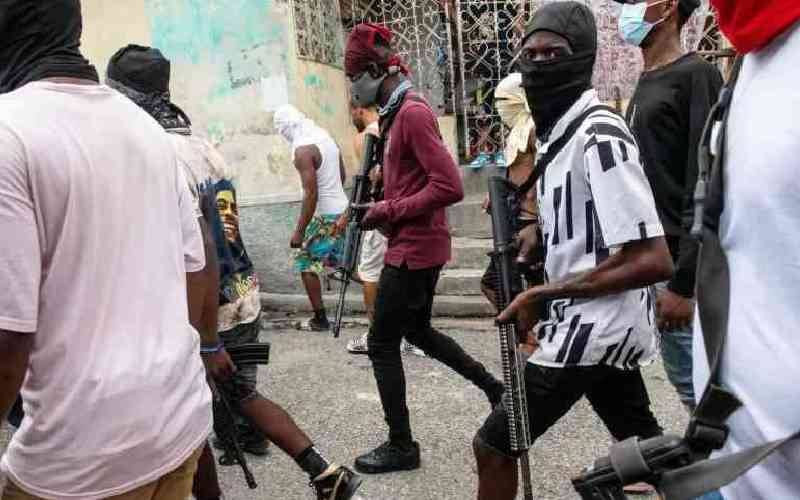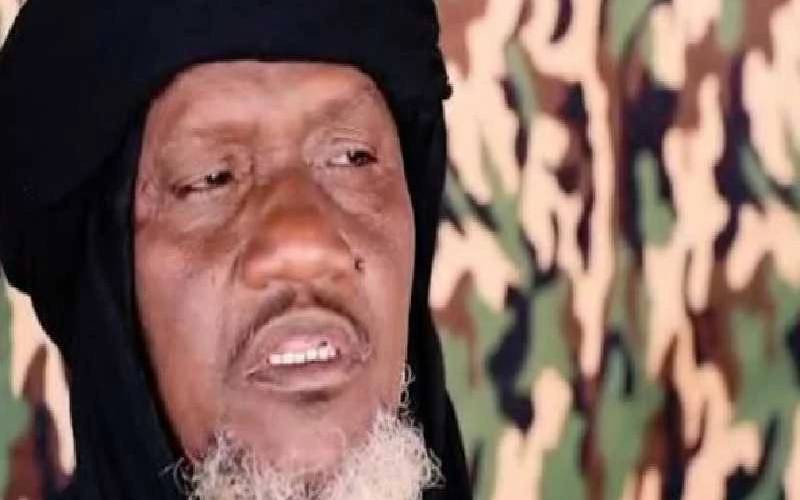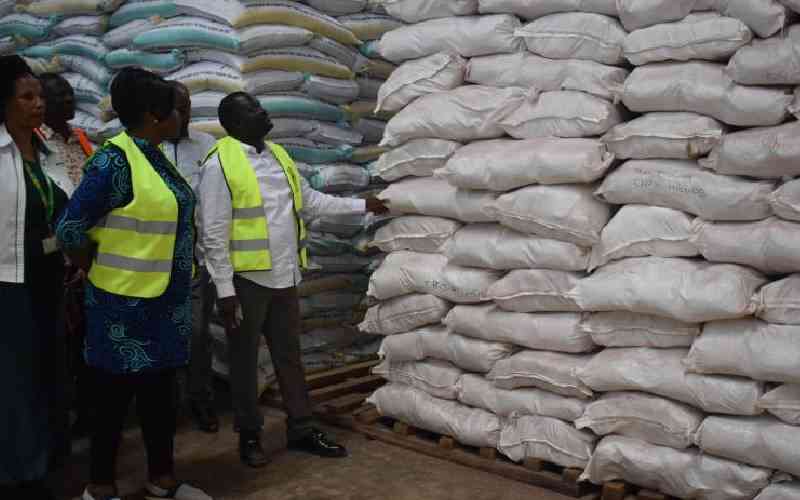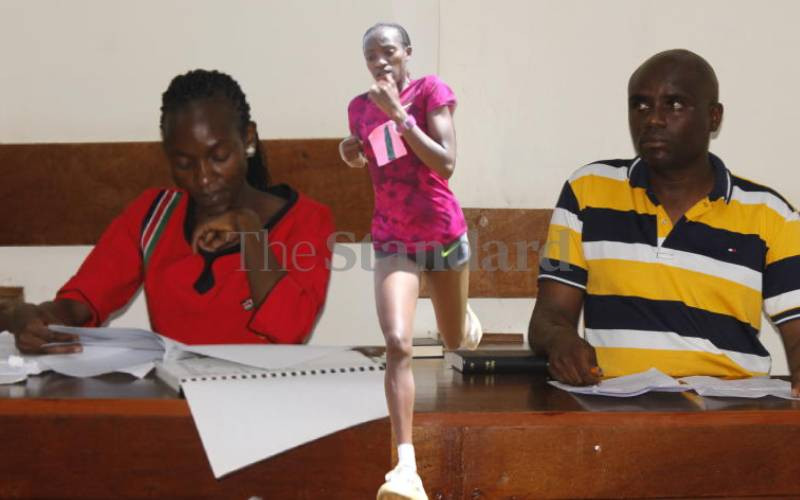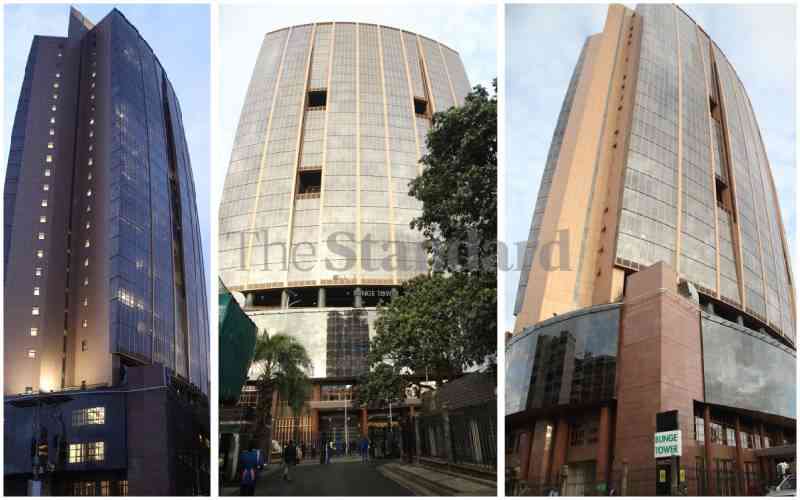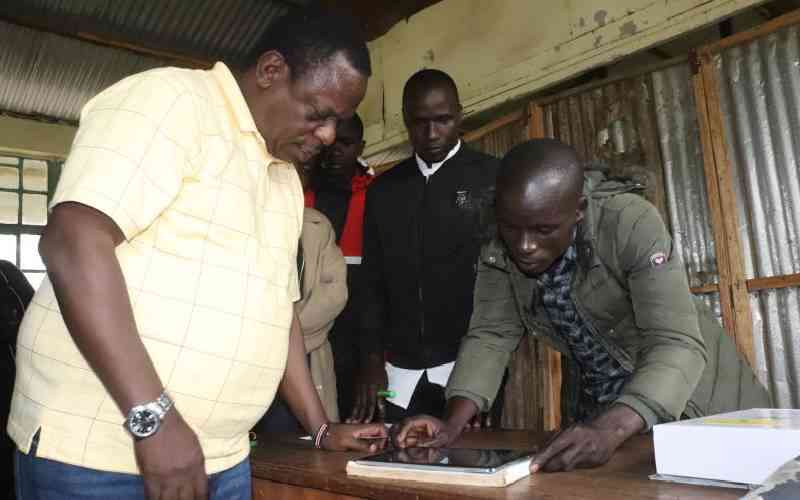By Jenny Luesby
In a far, far away land, filled with pain and suffering, there were two tribes moving towards out-and-out civil war, in a battle to feed the rich southerners with meat on their plates.
The tribes, for long left lawless, without property rights, or policing, had fallen into years of organisation into warring parties raiding one another for cattle and. Families and children were sometimes killed in the raids. Young warriors often were.
After decades of the plundering, each community was now depleted, sometimes impoverished, and frequently in need of food ‘aid’ to prevent their death from starvation. Some were even displaced completely from their homelands, now living in camps at the fringes of their regions.
Yet each tribe was a part of this evil meat trade. They each had created their own cattle trading markets, which neither side dared enter to ever reclaim their own cattle for fear of death. The markets fed the stolen cattle straight to the ‘licensed traders’ of the mighty south.
For the southern rulers never asked their licensed traders to buy only legal meat. They never asked them for proof, from the ear marks on each animal, to show they had bought them from the legitimate owners.
Instead, the meat pouring to the glorious southern capital, which proud, gifted people called the City Under the Sun, fed celebrations, roasted and barbecued.
It was the national dish, this stolen meat of the dying tribes.
The city southerners were not bad people. As they ate their flame-cooked meat they did not know that a young man had died for that very feast — the son of a mother, the brother of sisters.
One year, when the rains never came, they even gave money to stop the tribes from starving as all the cattle died of thirst. They gathered grain and dispatched it with proud words of being a single nation, to keep those families alive for more long years of battle.
Blinded rulers
For the whole point, as each tribe gained hundreds of cattle from the other, was the money trade, which then bought guns. And each year the southerners partied and ignored the rising battle, the guns grew in number and sophistication.
Sometimes, the nation’s rulers sent in men to chase the raiders, and they were killed too. One year, some 50 from across the nation fell to the guns that had been bought with the stolen cattle. The rulers blinded the incident. They never mourned the fallen men. They never even gave their names. They were just more dead young men for that nation’s illegal meat trade.
And the markets kept selling.
By the year 2015, the decades of fighting finally blew to civil war. Only then did the nation send in troops, as thousands of its poorest citizens were massacred month after month. It lost many of its own young southern men too — its own blood price, in the end, for the illegal feasting.
Stay informed. Subscribe to our newsletter
The tribes never recovered, the whole nation was rocked. Some said there would never be peace again, as the guns moved around and the fighting spread.
Only, today, it is the first day of 2013, and in that nation, where nyama choma is eaten over dead bodies, there is still time to regulate those meat markets.
There are young men, and young women, who can be trained in the ear marks that mark the legitimate cattle of every clan of every tribe. It could yet be done that the passage of the meat of death could be ended from our festive plates.
For this fairy tale is not of a thousand years ago, and this far away land is our own.
That meat goes into Kenya Meat Commission. It goes into the Dagoretti meat markets, transported there down a meat chain that there is no law against, without fraud or bribery, thanks to a system that hasn’t even regulated that a licensed trader buying stolen meat will lose his licence.
That system and those open meat markets, have put those rustled cattle into our beef sausages and our own minced beef. It comes as goat, as well as beef, and we have all eaten it.
But we could stop. We could say: ‘No. No meat unless it’s clean meat. No meat markets that we call ‘licensed’ unless they only sell the cattle from genuine owners.’ We could demand tracking of cattle. We could ask for laws to stop this illegal trade route that is literally killing our own — for where are the ‘Kenyans for Kenya’ now?
Gun build-up
Are the Turkana no longer Kenyan? Are the Samburu no longer Kenyan today? Is it our choice that as we enjoy our own hard-won earnings with laws to protect us, our northern brothers have no such laws and no such protection, but just markets, which we buy from, selling goods stolen from them?
Legal markets would still sell as many cattle. They would not reduce the meat supply. They would only stop the blood letting and the guns build-up.
Which is why we in this city of the sun should choose where we get our meat from today. Or tomorrow let our own children face the guns it all paid for; our own sons dying too.
The writer is Group Content and Training Editor at The Standard Group.
[email protected]
 The Standard Group Plc is a
multi-media organization with investments in media platforms spanning newspaper
print operations, television, radio broadcasting, digital and online services. The
Standard Group is recognized as a leading multi-media house in Kenya with a key
influence in matters of national and international interest.
The Standard Group Plc is a
multi-media organization with investments in media platforms spanning newspaper
print operations, television, radio broadcasting, digital and online services. The
Standard Group is recognized as a leading multi-media house in Kenya with a key
influence in matters of national and international interest.
 The Standard Group Plc is a
multi-media organization with investments in media platforms spanning newspaper
print operations, television, radio broadcasting, digital and online services. The
Standard Group is recognized as a leading multi-media house in Kenya with a key
influence in matters of national and international interest.
The Standard Group Plc is a
multi-media organization with investments in media platforms spanning newspaper
print operations, television, radio broadcasting, digital and online services. The
Standard Group is recognized as a leading multi-media house in Kenya with a key
influence in matters of national and international interest.



